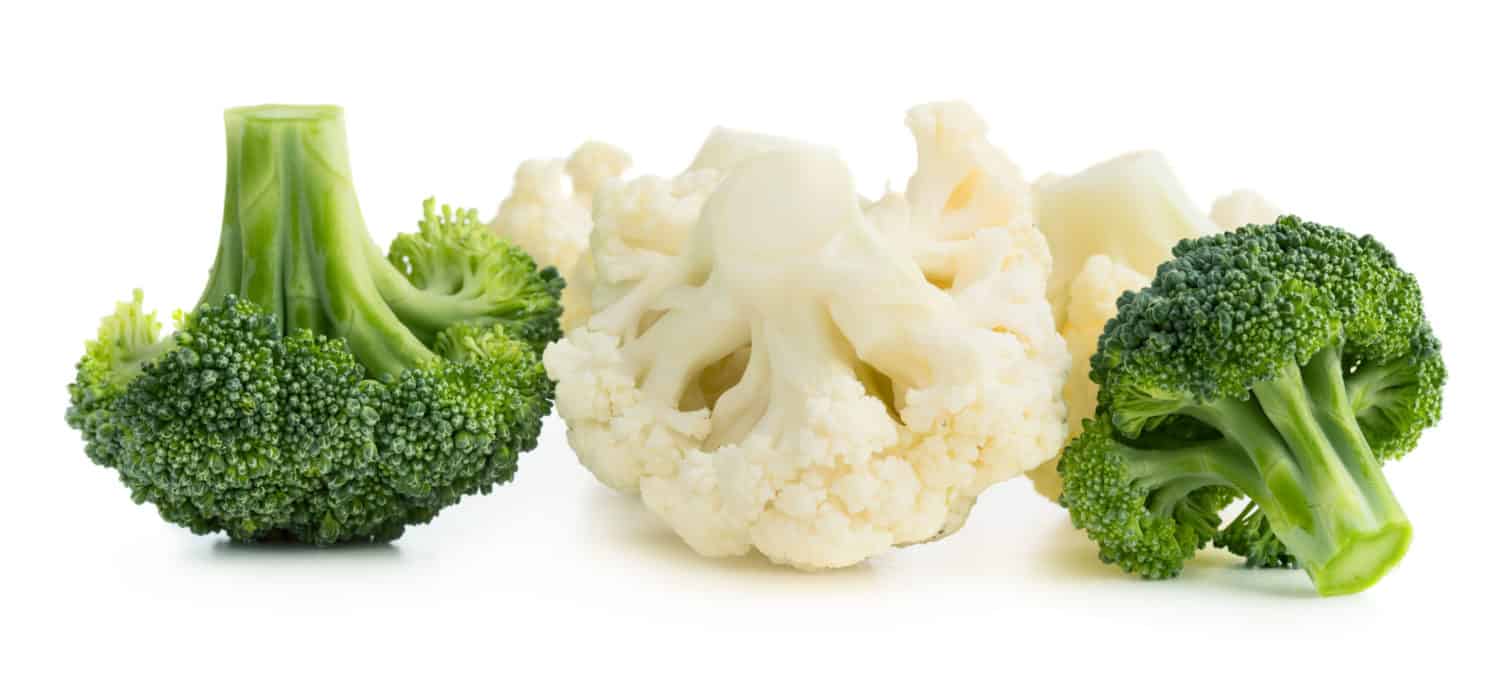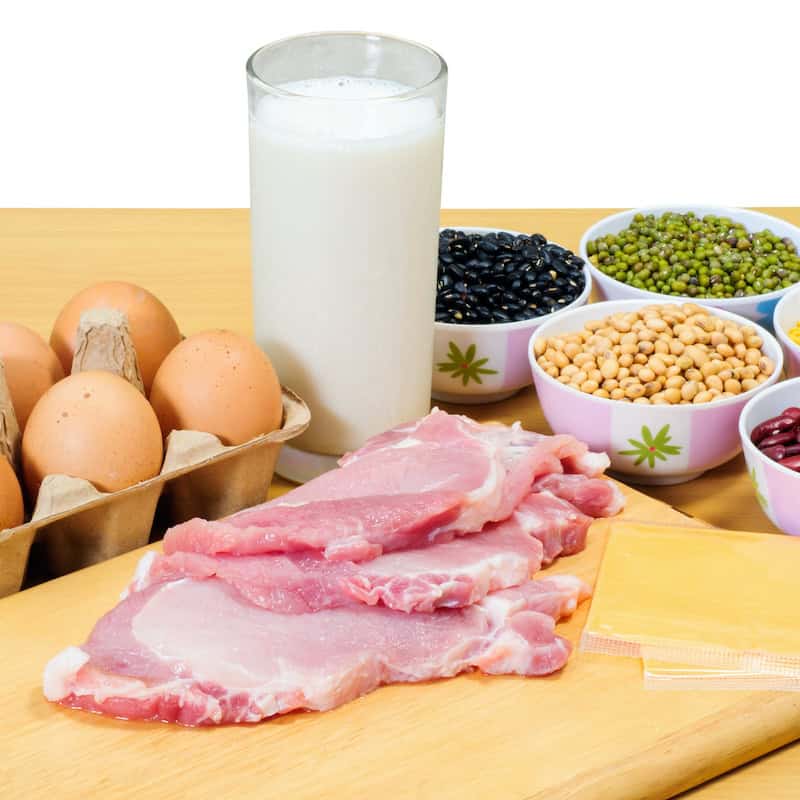This Dr. Axe content is medically reviewed or fact checked to ensure factually accurate information.
With strict editorial sourcing guidelines, we only link to academic research institutions, reputable media sites and, when research is available, medically peer-reviewed studies. Note that the numbers in parentheses (1, 2, etc.) are clickable links to these studies.
The information in our articles is NOT intended to replace a one-on-one relationship with a qualified health care professional and is not intended as medical advice.
This article is based on scientific evidence, written by experts and fact checked by our trained editorial staff. Note that the numbers in parentheses (1, 2, etc.) are clickable links to medically peer-reviewed studies.
Our team includes licensed nutritionists and dietitians, certified health education specialists, as well as certified strength and conditioning specialists, personal trainers and corrective exercise specialists. Our team aims to be not only thorough with its research, but also objective and unbiased.
The information in our articles is NOT intended to replace a one-on-one relationship with a qualified health care professional and is not intended as medical advice.
5 Foods for Your Joints That Nourish Your Connective Tissue
January 18, 2020

Adapted from The Collagen Diet: A 28-Day Play for Sustained Weight Loss, Glowing Skin, Great Gut Health and a Younger You by Dr. Josh Axe
On a functional level, collagen gives you flexibility and strength, allows your joints to move fluidly without aches and pains, and plays a role in everything from wound healing to gut health to cardiac health. It’s the glue that holds you together. Indeed, the word collagen is derived from the Greek word for glue, kolla.
There are foods that can promote healing throughout the body, including connective tissue injuries and ailments. By making the right dietary choices, you can also keep cartilage, tendons and ligaments strong and healthy – which will help you ward off common joint-related ailments. It’s time to embrace collagen and collagen-supporting foods and supplements.
Top Foods for Your Joints
What foods help joints? Here are the joint-supporting all-stars. In addition to these five food groups, be sure to consume other collagen-rich foods. The five foods (and categories of food) you can’t live without:
Bone Broth
I know I’ve talked about this a lot, but truly no list of the best foods for connective tissue and joints would be complete without a mention of this collagen-rich brew. Because here’s the thing: Bone broth also contains a slew of other joint-healthy ingredients, like glucosamine and chondroitin as well as calcium, magnesium, phosophorus, silicon and sulfur.
Sulfate-Containing Veggies
Foods like broccoli, cauliflower, garlic, cabbage and onions contain sulfate, which combines with chondroitin to form cartilage. It’s also required for the process of sulfation, to produce glucosamine sulfate and chondroitin sulfate, both of which help facilitate cartilage production and repair.
Bioflavonoids
Blueberries, blackberries, cherries, cinnamon, acai, red cabbage and onions contain anthocyanidins, which help strengthen connective tissue by forming particular links between collagen fibers. And acai, apricots, nectarines, cherries and raw cacao contain catechins, which prevent collagen degradation.
Zinc-Containing Foods
Lamb, grass-fed beef, oysters, sesame seeds and pumpkin seeds are all high in zinc, which is required for production of connective tissue.
Copper-Containing Foods
Avocado, cacao, sesame seeds, sunflower seeds and cashews contain copper, which is required for the maturation of collagen.
Top Supplements for Your Joints
In addition to enjoying food for healthy joints and cartilage, supplements can be a major asset to your joint health, including:
Vitamin C
Not only does this substance increase collagen synthesis, but it also accelerates bone healing after fractures and reduces oxidative stress. And it reduces the risk of cartilage loss and disease progression in people with osteoarthritis. When buying a vitamin C supplement, make sure to look for a food-based formula that contains superfoods like camu camu, amla berry or acerola cherry.
Turmeric
Turmeric contains two joint-protecting compounds — curcumin, which reduces inflammation, and turmerone, which promotes stem cell growth. Together, they nourish and rejuvenate the tissue in your joints. Use turmeric liberally on food or take a supplement as directed.
Omega-3 Fatty Acids
The Arthritis Foundation recommends omega-3 fatty acids, and the fish, like salmon, tuna, sardines and anchovies that contain them, as part of an arthritis-fighting, anti-inflammatory diet. And there’s some evidence this all-purpose anti-inflammatory may be effective in helping fight pain.
Hyaluronic Acid
In high doses, this substance is so effective at treating osteoarthritis it has been approved by the Food and Drug Administration for that purpose. The FDA-approved version of hyaluronic acid requires injections from a healthcare provider — but there’s evidence that lower doses, like those found in supplements, can reduce joint stiffness and chronic pain. Take a supplement as directed.
Glucosamine
Essential for the production of GAGs, glucosamine is also required for collagen and connective tissue formation and integrity. You can get this vital ingredient in bone broth or a bone broth protein supplement — or take a glucosamine-containing supplement as directed.
Chondroitin
A vital structural component of cartilage, chondroitin gives the tissue its bounce and compression resistance. Chondroitin is in bone broth and bone broth protein supplements, too — or you can take a chondroitin-containing supplement as directed.
Spirulina
This vitamin-rich supplement contains superoxide dismutase, an enzyme that helps reduce joint inflammation. Take a supplement as directed.
Top Oils for Your Joints
It doesn’t stop there. Try these four oils for joint health:
Peppermint Oil
This oil is often recommended for rheumatoid arthritis, because it has analgesic, anesthetic and anti-inflammatory properties that help alleviate joint pain and stiffness. Rub a couple of drops onto the affected area.
Frankincense and Myrrh Oils
Each of these oils can be helpful for rheumatoid arthritis sufferers, but research has shown that when they’re taken together, they can suppress joint inflammation and relieve pain in rheumatoid arthritis sufferers. Mix together and rub a couple of drops onto the affected area.
Joint health is an issue most of us don’t consider till we have a problem, whether a sports injury or arthritis. And there’s no doubt that once you’ve developed one of those issues, using collagen, along with collagen-bolstering nutrients, can help you fight it. But I’d like to propose another option: If we all proactively incorporated collagen into our diets, we could support the healthy levels of connective tissue we already have — and potentially prevent joint-related problems from ever occurring, or at least make them much less likely. Imagine that. What if we could avoid some of the million-plus hip and knee replacements every year? Or help keep older people active and engaged by keeping their joints pain free? Or give midlife athletes the opportunity to return to play safely after a tendon or ligament injury?
By embracing collagen and incorporating supplements and foods for your joints into your daily, I believe that this is not only possible, but probable. I’ll drink (a cup of bone broth) to that!









